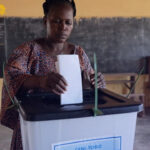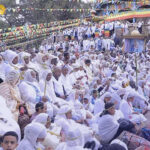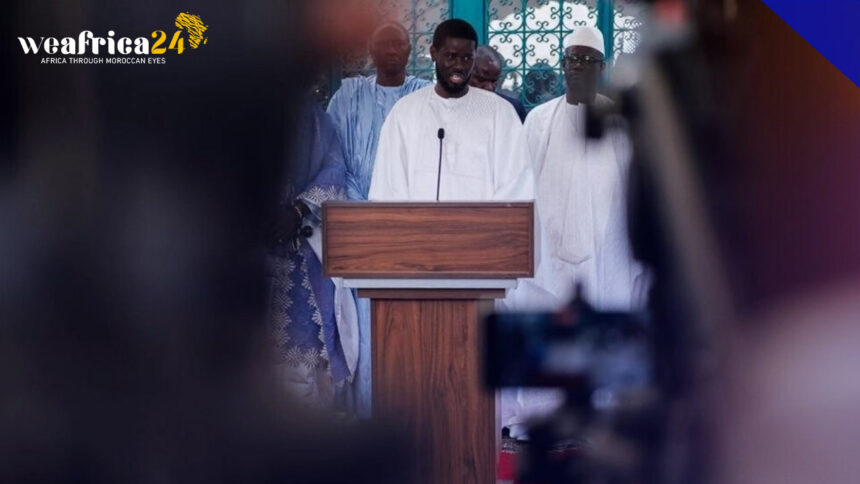Just two weeks after assuming office, President Bassirou Diomaye Faye of Senegal embarked on a significant diplomatic initiative by visiting the leaders of two prominent religious brotherhoods in the country, the Mouride and Tidjane orders. This gesture holds considerable importance, as while Senegal is a secular state, religious leaders often wield significant influence, particularly during times of political tension.
In what has become almost a tradition in Senegalese politics, the presidency emphasized that this dual visit on Monday, April 15th, marked President Bassirou Diomaye Faye’s “first official outing” since his election. Demonstrating a commitment to balance, the presidential palace released statements and photos following both meetings, first in Touba, the capital of the Mouride order, with the Grand Khalif Serigne Mountakha Bassirou Mbacké, and then in Tivaouane, with Serigne Babacar Sy Mansour, the Grand Khalif of the Tidjane order.
During these visits, the President discussed various issues, including the development and challenges faced in both cities. Topics ranged from access to clean water in Touba to urban modernization efforts and the ongoing construction of the grand mosque in Tivaouane. Accompanied by a significant delegation, including his chief of staff and the Minister of the Interior, Bassirou Diomaye Faye aimed to make a lasting impression and potentially defuse any tensions.
The significance of these visits lies in the longstanding relationship between politics and religion in Senegal. Bakary Samb, the regional director of the Timbuktu Institute and author of the recent book “Islam in Senegal: Origins of the Brotherhoods” published by Nirvana Editions, underscores the importance of the President’s engagement with religious leaders and the historical ties between the political and religious spheres in Senegal.
Notably, President Macky Sall’s statement between the two rounds of the 2012 presidential elections, asserting that “religious leaders are citizens like any others, and the laws of the country will apply to them,” caused considerable consternation in Touba and Tivaouane.
As Senegal navigates its complex sociopolitical landscape, these diplomatic overtures serve as a testament to the delicate balance between secular governance and religious influence, highlighting the intricate interplay between the state and religious institutions.







